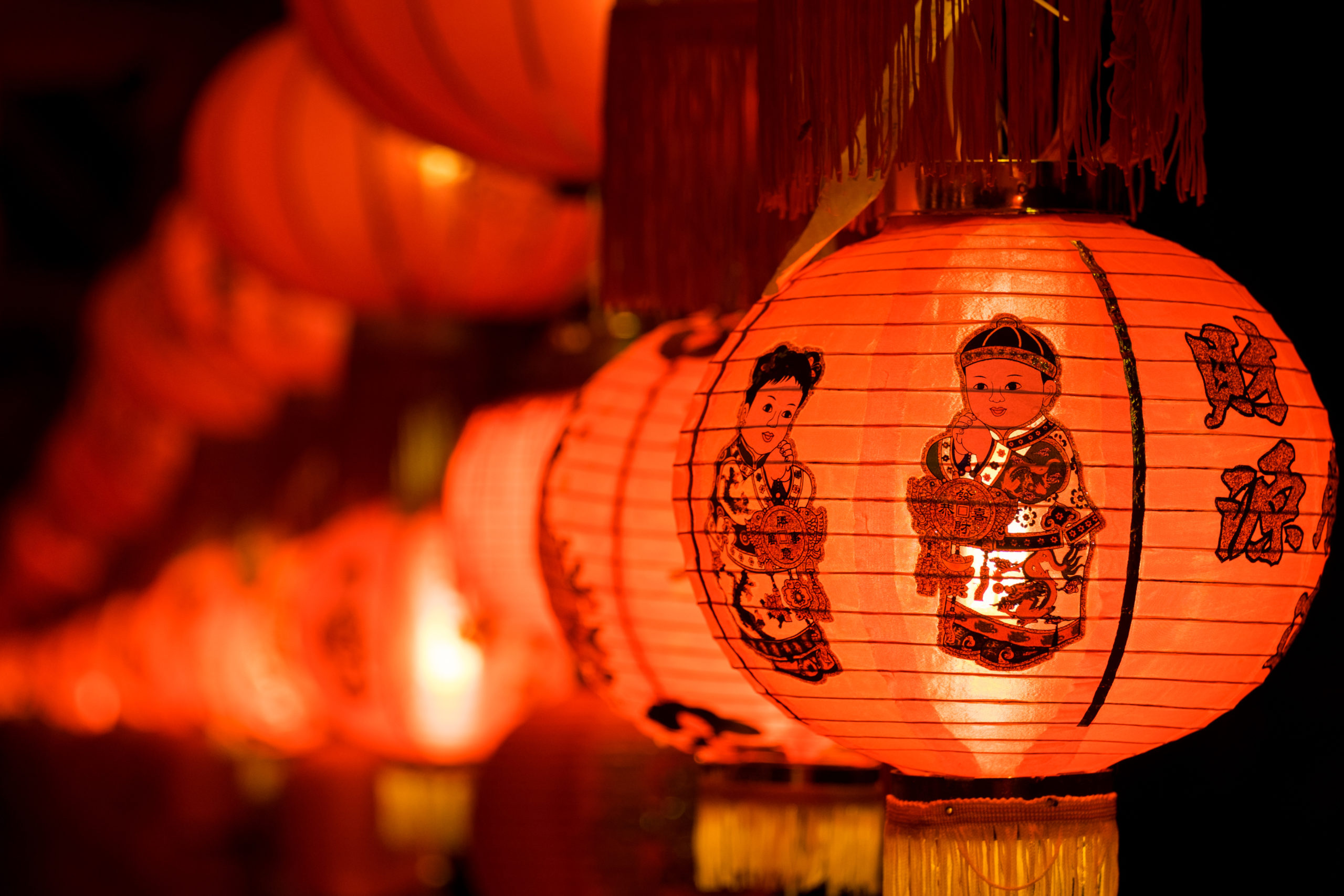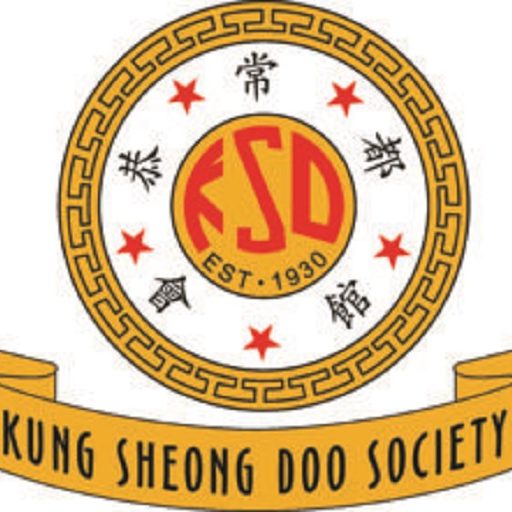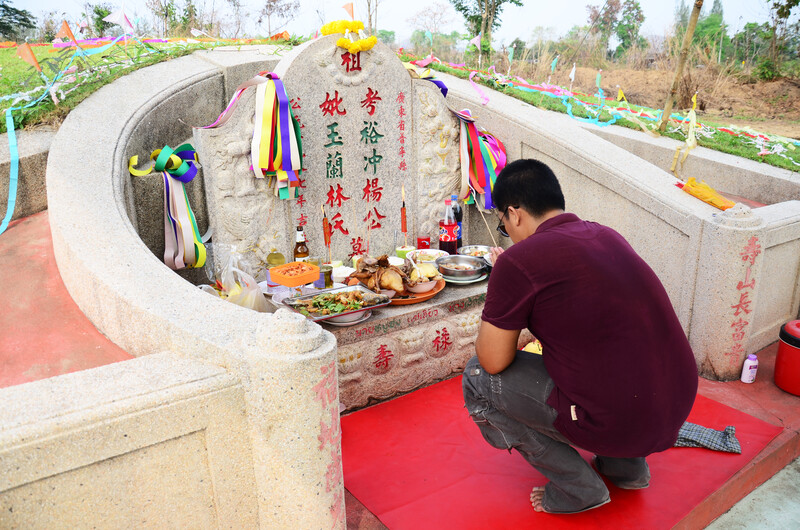Traditions & Celebrations
Here are some of the most important celebrations on the Chinese calendar,
and the traditions that make them fun and memorable for everyone.

Chinese New Year
This is the longest and most important celebration of the year, and has endured for over 4,000 years. It originated with farmers who needed a way to mark the end of winter and the beginning of spring, so the theme of hope and new beginnings is woven into the customs.
For example, people typically prepare by getting new haircuts and purchasing an entire new outfit. And at the stroke of midnight on the exact day (when the moon is full) every door and window in a Chinese home is opened to allow the old year to leave.
On New Year’s Day, Chinese people are not supposed to wash their hair because it might wash away good luck for the new year.
Qingming Festival
Qingming Festival (Ching Ming), is also called Tomb Sweeping Day or Pure Brightness Festival. It is a day devoted to ancestor worship and filial piety — the Confucian ideals that have guided the Chinese culture for so long.
The primary activity is to clean the graves of the ancestors. In rural China, graves are placed where there is good feng shui, usually on the side of a mountain or hill. These dirt mounds are quickly covered with weeds and dense undergrowth, so the process on Qingming involves a lot of manual effort, from climbing up to the graves to hacking away the undergrowth with machetes.
Kung Sheong Doo participates in Honolulu’s Dragon Boat Races each year, and has a winning record.
Dragon Boat Festival
Dragon Boat Festival is celebrated on the 5th day of the 5th lunar month — so it’s also called Double-fifth Festival.
It may have started to commemorate Qu Yuan, (340–278 BC) was a patriotic poet and exiled official during the Warring States Period. He drowned himself in the Miluo River on the 5th day of the 5th Chinese lunar month, when his beloved Chu State fell to the State of Qin.
A popular way to celebrate is to worship the god of dragon and heroes, such as Qu Yuan. The activities include dragon boat races and eating glutinous rice dumplings.


